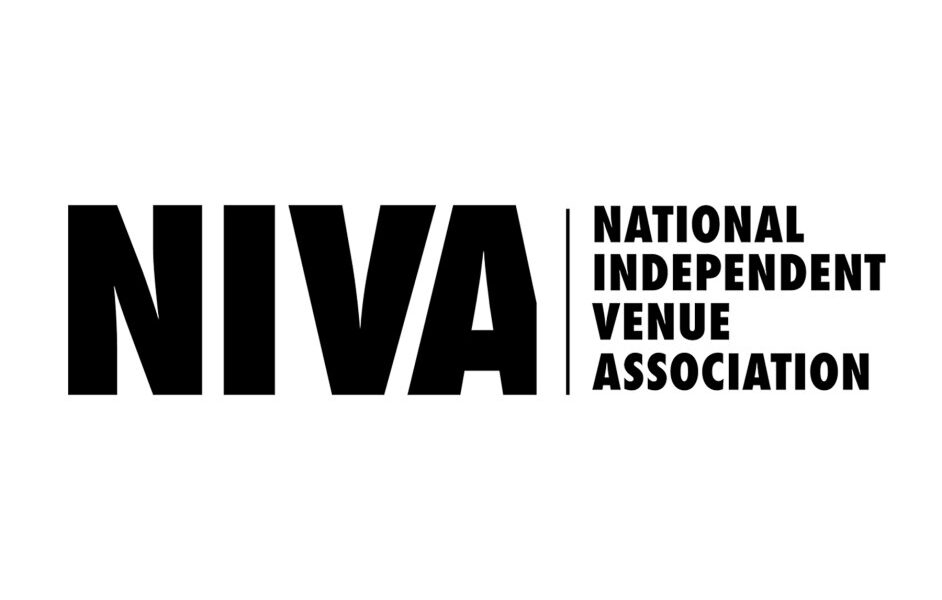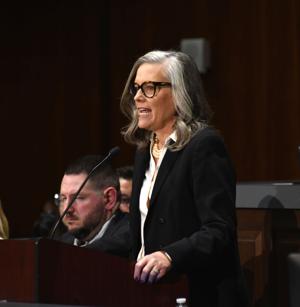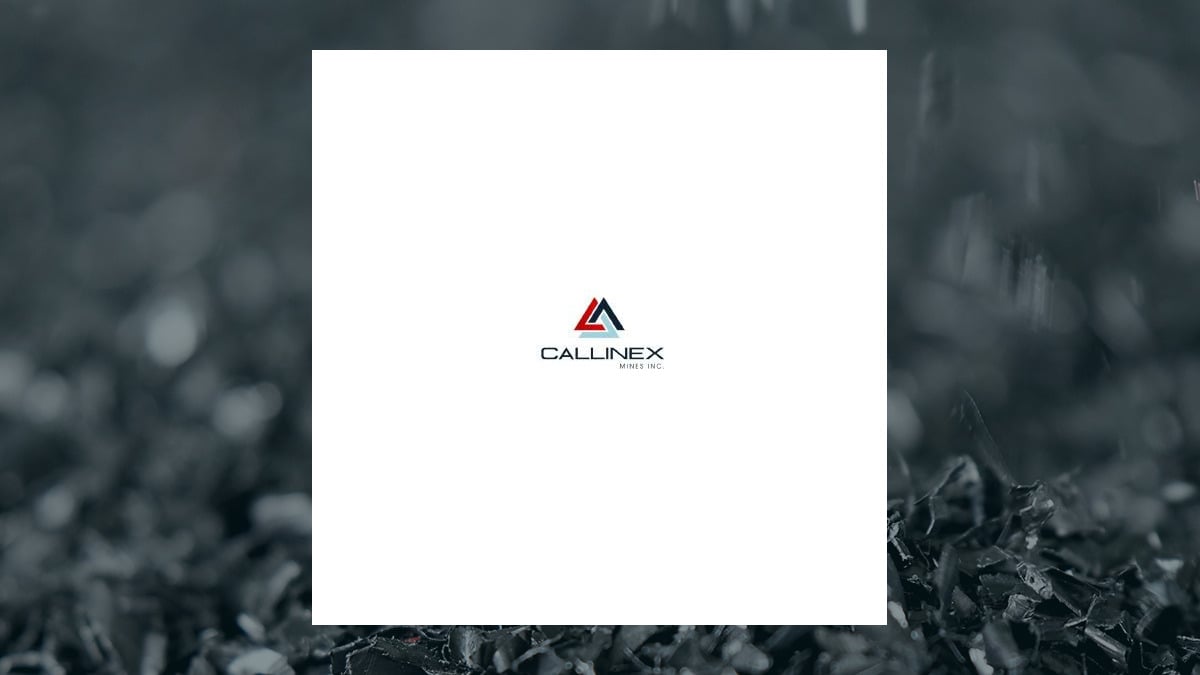The National Independent Venues Association (NIVA) has expressed dissatisfaction with recent policy changes announced by Live Nation regarding ticket resale practices. Following a letter from Live Nation’s executive vice president, Daniel M. Wall, addressed to Senators Marsha Blackburn and Ben Ray Luján, NIVA is urging the company to implement a cap on resale prices for tickets listed on Ticketmaster. This request reflects ongoing concerns about ticket scalping and the integrity of the ticketing system.
In his communication, Wall outlined significant steps Ticketmaster plans to take, including the shutdown of its controversial TradeDesk ticket uploading application. He also indicated that the company would enforce its policy of allowing only one account per person more rigorously, particularly on its resale platform, which has faced criticism for enabling brokers to sell tickets at inflated prices.
NIVA officials have long advocated for measures to limit the prices that brokers can charge for resale tickets. They described Live Nation’s recent actions as “too little and too late to regain the trust of fans, artists, and venues.” According to NIVA, Live Nation was caught allowing predatory resellers to exploit their system, referencing a lawsuit filed by the Federal Trade Commission (FTC) in September that accused the company of neglecting to prevent ticket brokers from using multiple accounts to purchase tickets in bulk for resale.
Wall responded to these allegations, arguing that the FTC’s lawsuit presents a “distorted view” of the facts and implies that the agency’s assertions are based on “novel and expansionist” interpretations of the Better Online Ticket Sales (BOTS) Act. He claimed that Ticketmaster has been proactive in combating ticket scalping and fraudulent activities more than any of its competitors.
In contrast, NIVA characterized Wall’s letter as a public relations effort designed to rehabilitate Live Nation’s damaged image following the FTC’s allegations of deceptive practices. They asserted, “Based on that suit and this letter, we have clear evidence that Live Nation and Ticketmaster are colluding with scalpers, benefiting resale platforms such as StubHub and Vivid Seats daily.”
NIVA’s call for a cap on resale tickets emphasizes the need for accountability within the ticketing industry. The association argues that the only effective way to repair the damage caused by alleged collusion with scalpers would be for Live Nation to voluntarily limit resale prices to no more than the original ticket’s face value. The letter concluded with a call for the U.S. Department of Justice and 40 state attorneys general to take action against Live Nation to end its anti-competitive practices.
The National Independent Talent Association (NITO), which represents independent managers and agents, also weighed in on the issue. They stated that Ticketmaster and similar platforms should refrain from reselling tickets above their original prices, as this practice is detrimental to both artists and fans. NITO expressed optimism about the FTC’s initiatives, which have led to reforms at Ticketmaster, including the cancellation of multiple broker accounts and improved compliance with BOTS regulations.
As discussions continue regarding ticket pricing and resale practices, the Live Music Summit hosted by Billboard is scheduled to take place in Los Angeles on November 3, 2025. This event will likely serve as a platform for further dialogue on the future of ticketing in the live music industry. For more information and to purchase tickets, visit the official Billboard Live Music Summit website.







